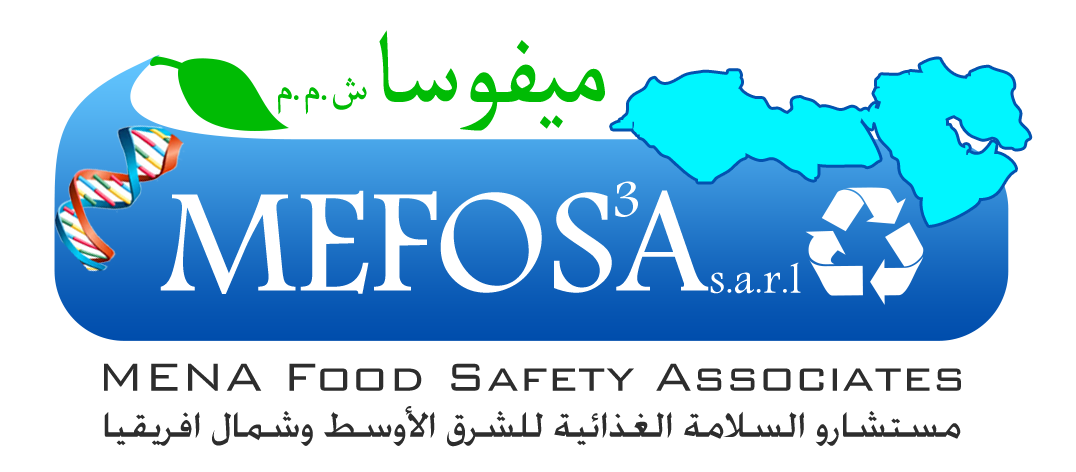The detailed description of each project:
- Project 1: UNRWA was concerned about the effect of the over use of fertilization and pesticides in some agricultural Lebanese farms on food quality. Therefore, an assessment of the maximum residue limits for pesticides in vegetables and fruits was required to further assess the effect. Fruits and vegetables were collected from randomly selected markets that are eligible to participate in 5 selected Palestinian Refugee camps located in Lebanon (north Lebanon, Beirut/Jounieh, Saida, Tyre, Bekaa).
The types of services provided are:
- Conducted pre-field study visit and background study in addition to finding the guidelines and the recommendation references for food quality analysis
- Collected missing information from the UNRWA about the sampling preferences and collect information about the sampling from the MOA and LARI
- Defined and validated the protocol of the sampling and analysis method
- Surveyed local retailers and gross vegetable and fruit markets in different camps
- Sampled, tested, and compared the MRL (Maximum Residue Limits) presented in LIBNOR and Ministry of Agriculture legislations with the results obtained from the random selection of fruits and vegetables in markets located in the Palestinian refugee camps in Lebanon
- Analyzed and reported all findings
MEFOSA presented in two forms: technical and financial offers.
| Ref | Project title | Food and Quality Sampling and MRL (Maximum Residue Limits for Pesticides) Analysis in Markets Places in the Palestinian Refugee Camps in Lebanon | ||||||
|---|---|---|---|---|---|---|---|---|
| Name of legal entity | Country | Overall project value (EUR) | Proportion carried out by candidate (%) | No. of staff provided | Name of client | Origin of funding | Dates (start/end) | Name of partners if any |
| MEFOSA SARL | Lebanon | $ 8,630 | 80% | – | UNRWA | UNRWA | 14/07/2017-18/12/2017 | MEFOSA SARL |
- Project 2: As part of the Environmental Health Strategy (EHS) of the Field Infrastructure and camp programme (FICIP), an inventory was being done for several sectors including sanitation sector in the 12 camps. Wastewater was needed to be studied to better understand the situation and impacts on the environment and in order to put plans for the future. A determination of the parameters and characteristics of wastewater inside the camps and that being discharged outside the camps for further actions were needed to be assessed.
The types of services provided are:
- Conducted a background research
- Defined the protocol of the sampling and analysis method
- Surveyed resident owners
- Sampled wastewater in 12 camps in Lebanon including Burj Barajneh, Dbayeh, Mar Elias, Shatila to obtain the physical, chemical, and biological characteristics of wastewater inside the camp and the discharged one.
- Scientifically analyzed and reported all findings
MEFOSA presented in two forms: technical and financial offers.
| Ref | Project title | Wastewater Characteristics: Sampling and Analysis for Wastewater Effluent in the 12 Palestinian Refugee Camps in Lebanon | ||||||
|---|---|---|---|---|---|---|---|---|
| Name of legal entity | Country | Overall project value (EUR) | Proportion carried out by candidate (%) | No. of staff provided | Name of client | Origin of funding | Dates (start/end) | Name of partners if any |
| MEFOSA SARL | Lebanon | $ 18,000 | 100% | – | UNRWA | UNRWA | 14/07/2017-14/09/2017 | MEFOSA SARL |

